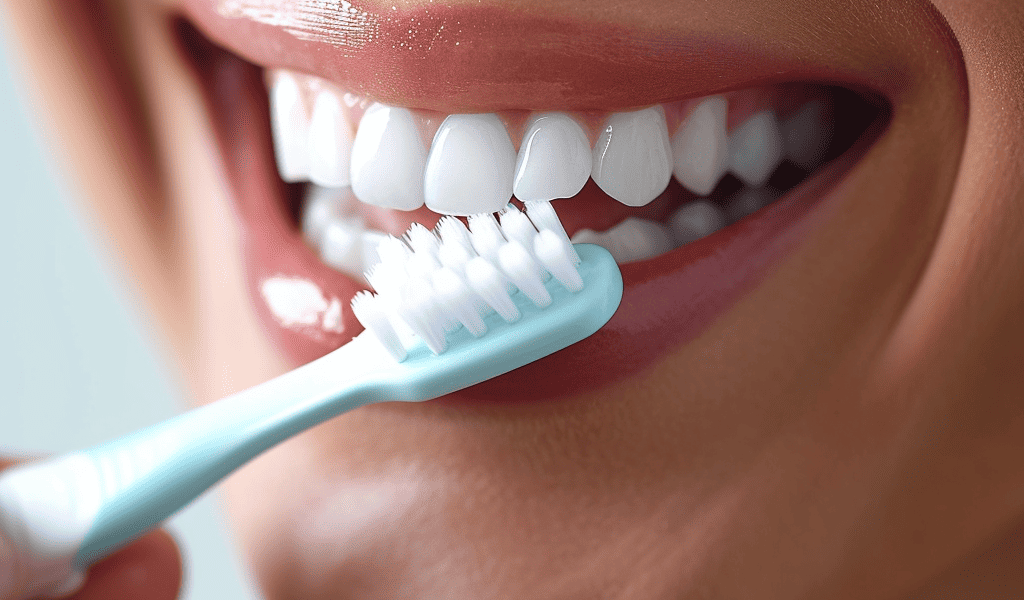Recent reports from dentists in the UK have highlighted the increasing cases of blood-borne infections and sepsis linked to poor mouth hygiene. The consequences of neglecting dental care can be severe, with potentially life-threatening outcomes.
According to Paul Woodhouse, a dentist and British Dental Association board member, a friend of his almost died due to avoiding necessary dental work. The friend ended up losing three teeth and a portion of his jaw, which could have been prevented with timely intervention. This serves as a stark reminder of the importance of regular dental care.
As the issue gains attention, Labour has announced plans to introduce supervised toothbrushing at primary schools, underscoring the significance of dental health in the upcoming general election. It’s not just children who require guidance; research shows that poor mouth hygiene can lead to a range of acute and chronic illnesses.
Heart Disease
Studies have revealed that individuals with gum disease face a two to three times higher risk of serious cardiovascular problems, such as heart attacks or strokes. The accumulation of bacteria in the gums and supporting structures around the teeth plays a key role in causing gum disease. One specific bacterium, porphyromonas gingivalis (P. gingivalis), is known to release inflammatory toxins into the bloodstream, contributing to arterial stiffening and atherosclerosis. These inflammatory processes can even damage the heart itself.
Dr. Neesha Patel, a periodontist at the Pure Periodontics clinic in London, emphasizes that the mouth acts as a gateway to the entire body, affecting the overall system. Woodhouse further highlights that individuals with pre-existing cardiac issues or those who have undergone open-heart surgery are at a greater risk of harm from gum bacteria if they have poor mouth hygiene. Bacteria entering the bloodstream can attach to repaired heart valves, leading to inflammation known as endocarditis.
It is evident that maintaining good oral hygiene is crucial not only for dental health but also for overall well-being. The potential risks associated with neglecting dental care serve as a reminder for everyone to prioritize regular dental check-ups and hygiene practices.





